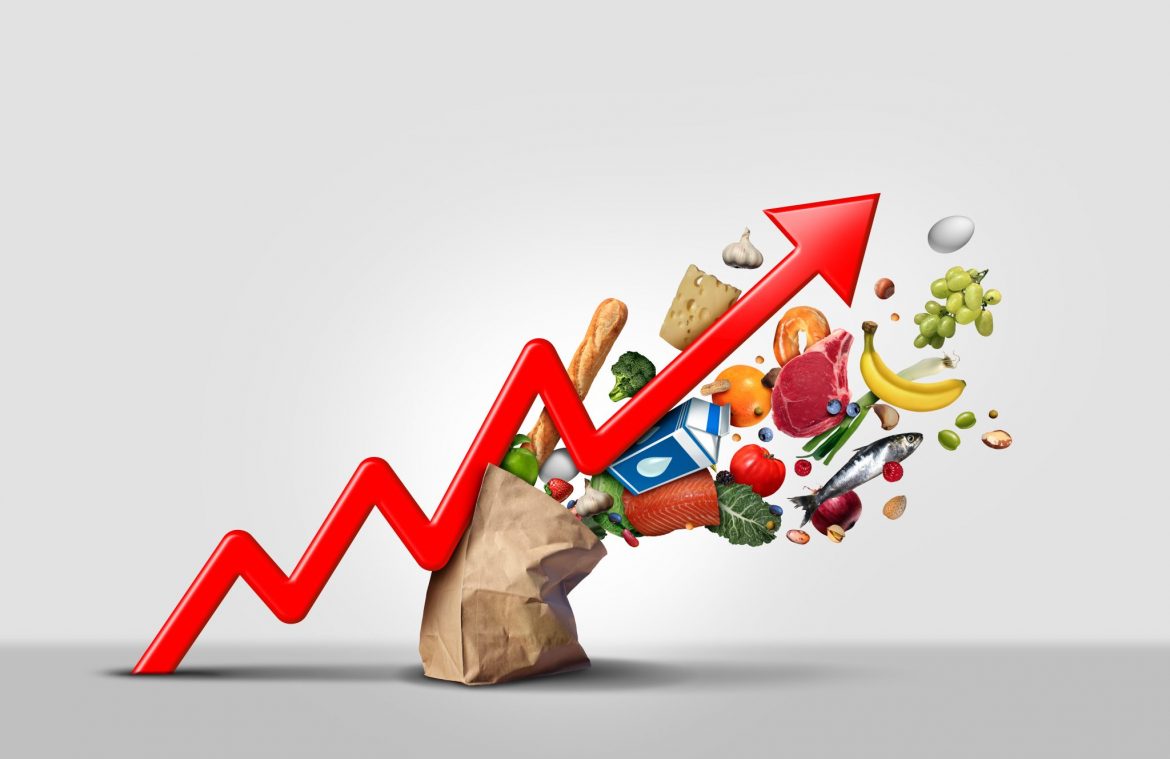Costa Rica is experiencing a disparity in food cost and inflation rates, leading to significant changes in the price of the Basic food basket. As of now, the monthly cost per person has risen to ¢60,449, marking an increase of ¢8,179 compared to the same period last year. This surge in expenses means that a family of four needs to allocate an additional ¢32,716 per month to cover their food necessities.
It’s important to note that the most vulnerable populations, particularly the poorest, are hit the hardest, as they dedicate a larger portion of their income to food purchases. There are currently 110,631 households unable to afford the basic food basket, which comprises essential foods and quantities designed to meet the average person’s caloric needs.
Increased production costs have significantly impacted numerous food-producing sectors. The rising cost of raw materials inevitably trickles down to the final price consumers must pay. For instance, the price of dairy products is influenced by the costs of fertilizers, corn, and soybeans.
Various factors have contributed to the spike in food prices, including the El Niño and La Niña weather phenomena, the ongoing container crisis, the war in Ukraine, and the escalating costs of packaging materials and fuel.
Among the most affected food items are tubers and roots, such as potatoes, which have seen a 51.71% price increase over the past year. Additionally, the cost of eggs has risen by 41.95% while fats like oil and margarine have experienced a 31% surge in price.
As food costs continue to rise, the government and private sectors must work together to find solutions that alleviate the burden on Costa Rica’s most vulnerable households. Possible strategies include implementing subsidies, increasing the availability of low-cost food options, and investing in local agricultural production to reduce dependency on imports.
Moreover, addressing the root causes of food price inflation, such as improving transportation infrastructure and promoting sustainable farming practices, can contribute to long-term stability in the Costa Rican food market.
In conclusion, the ongoing food cost and inflation disparities in Costa Rica demand urgent attention and intervention. By understanding the factors behind these price increases and taking targeted action to support vulnerable households, the country can work towards a more stable and equitable food system for all its citizens.

